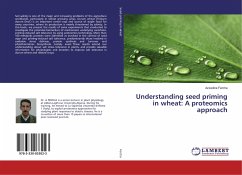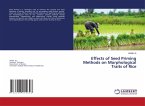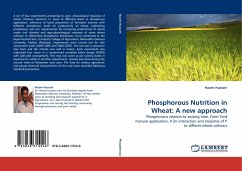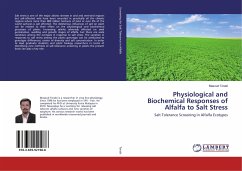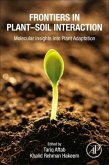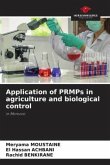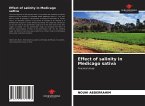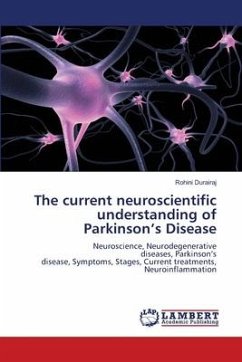Soil salinity is one of the major and increasing problems of the agriculture worldwide, particularly in wheat growing areas. Durum wheat (Triticum durum Desf.) is an important cereal crop and source of staple food for many countries, where its production is mainly threatened by salinity. In this book, we present the results of some experiments that conducted to investigate the potential biomarkers of mechanisms underlying ascorbate-priming-induced salt tolerance by using proteomics technology. More than 160 metabolic proteins were identified as involved in the control of seed vigor and priming-induced salt tolerance, predominantly those involved in oxidative stress defense, protein synthesis and turnover and phytohormones biosynthesis namely auxin. These results extend our understanding about salt stress tolerance in plants, and provide valuable information for physiologists and breeders to improve salt tolerance in durum wheat and related crops.
Bitte wählen Sie Ihr Anliegen aus.
Rechnungen
Retourenschein anfordern
Bestellstatus
Storno

